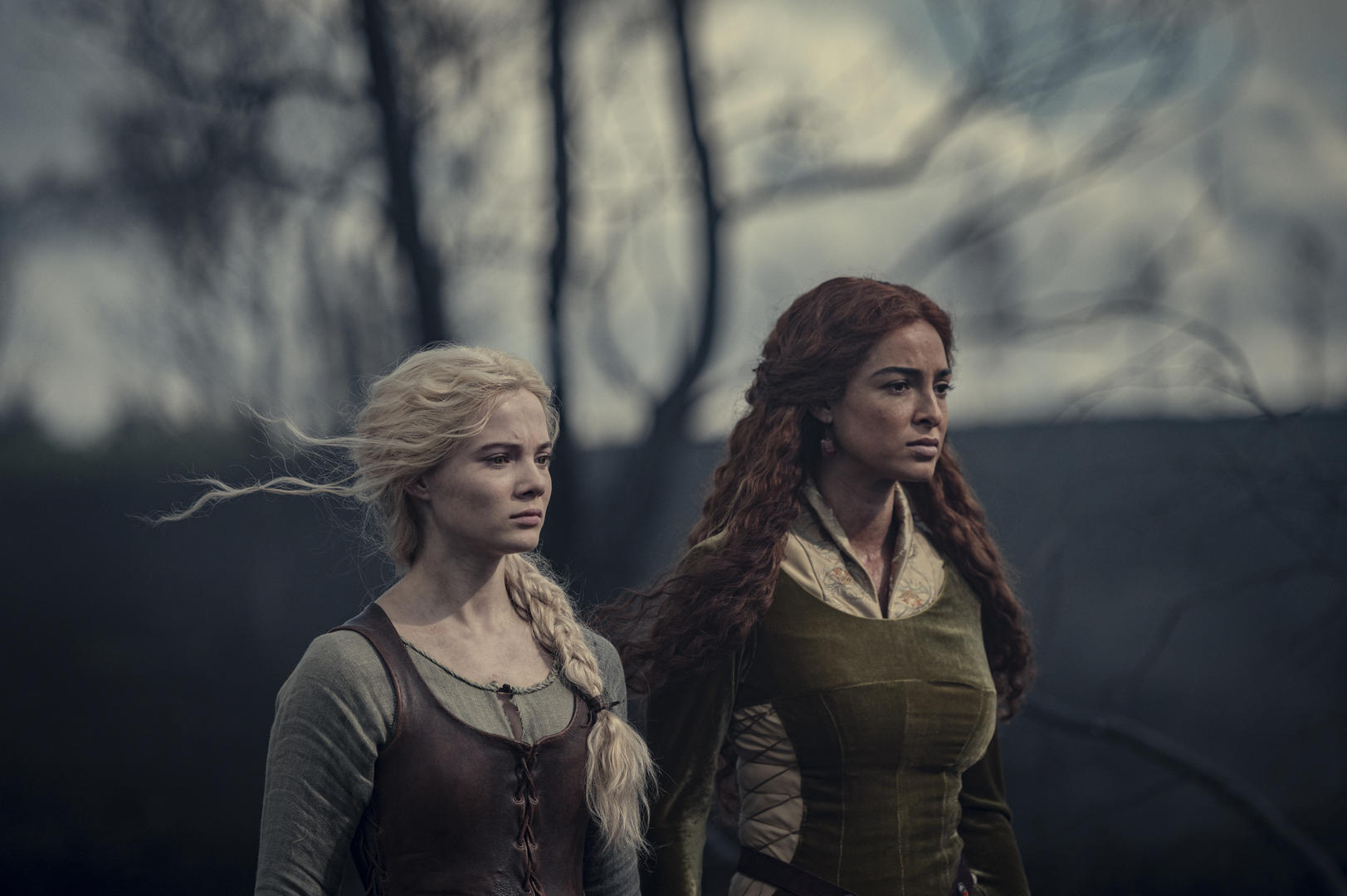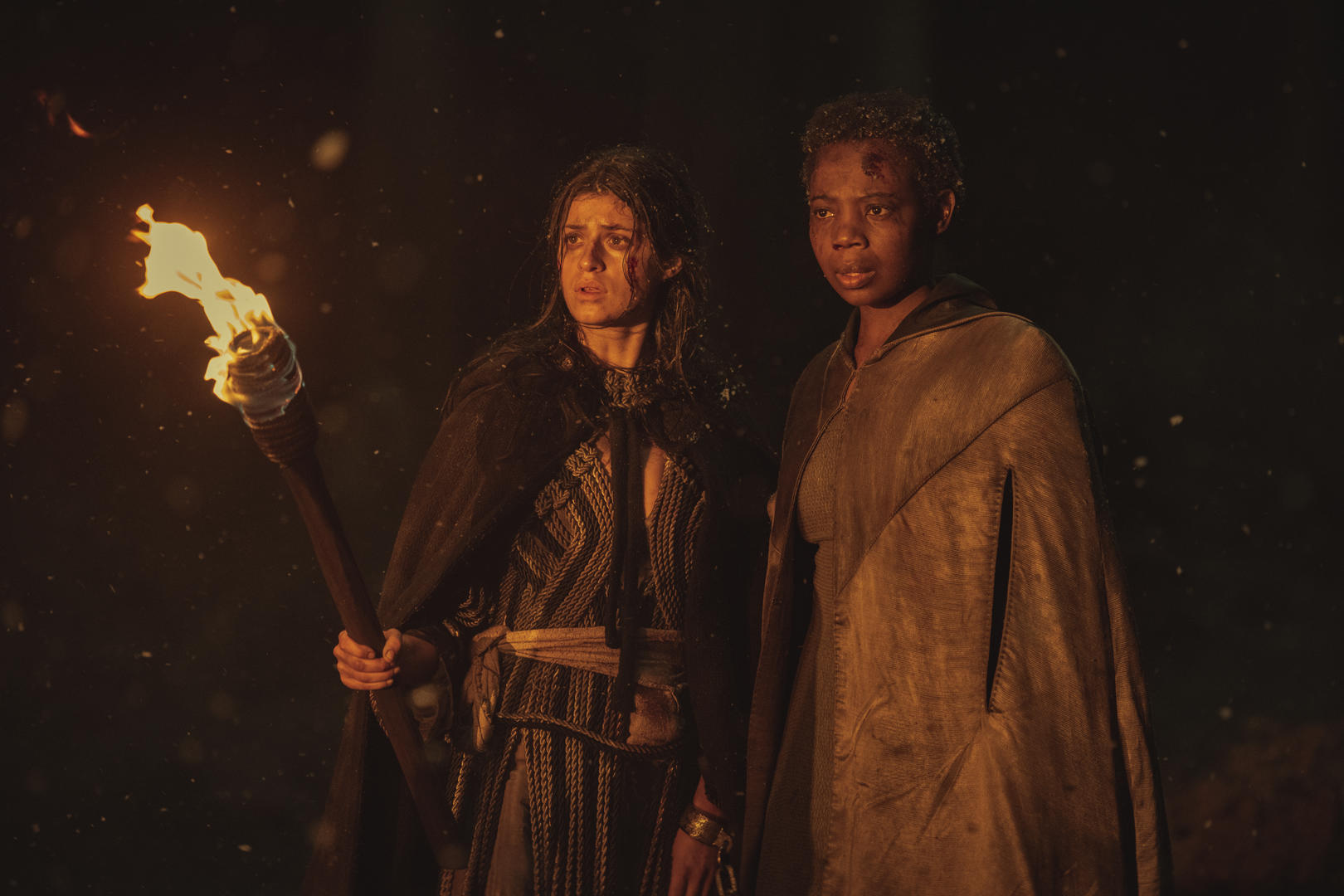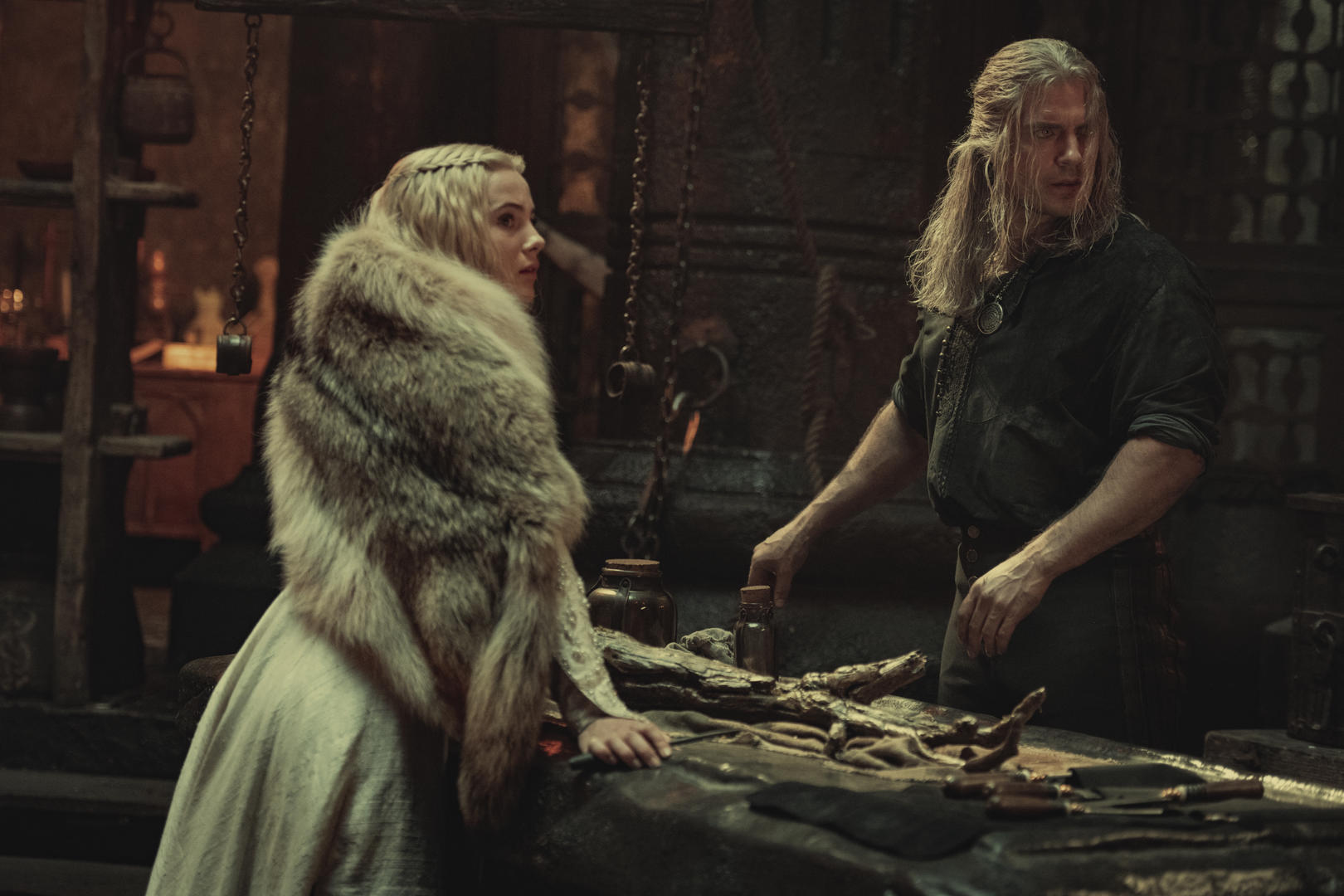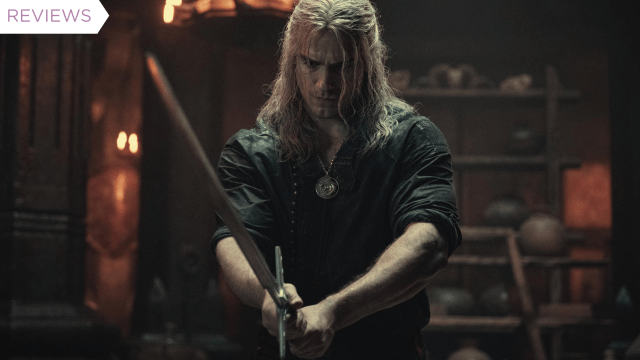When Netflix’s adaptation of Andrzej Sapkowski’s Polish fantasy novels — spurred to global renown by the beloved video game adaptations by CD Projekt Red — landed this time two years ago, it catapulted itself to acclaim sometimes in spite of itself. Its second season shows signs of a show that saw that acclaim as a challenge to do better, and six episodes in, it’s more than proved itself.
It might be reductive to say that The Witcher season 2 — of which 6 episodes of its 8-long run were provided for review — is more of the Witcher we got in 2019, but better. There’s the same good fights, the same interesting worldbuilding, the same solid performances from its leads. There’s even a new attempt at a Jaskier banger, but try as you might, there’s likely no chance of topping the sheer virality of “Toss a Coin to Your Witcher.”
Perhaps then, it should be considered a testament to the confidence with which Lauren Schmidt-Hissrich’s series took stock of itself between its debut and becoming something of an international phenom, that its return smartly builds on what made its debut so instantly beloved, while winnowing away much of what didn’t quite work. For good measure it has also created a world that feels much grander in scale than the one we met in season 1, and populated it with characters that feel richer, more complex, and more deeply explored beyond season 1’s tight focus on Geralt (Henry Cavill) and Yennefer (Anya Chalotra).

Much of the first half of the season is structured around the two separate arcs of Geralt and Yennefer, akin to season 1 — albeit, blessedly, without the confusing different timelines of those first season arcs. Geralt, now fully embracing his stewardship of the young Princess “Ciri” Cirilla of Cintra (Freya Allan), heads home to the last Witcher stronghold of Kaer Morhen to decide how best to protect his Child Surprise from dark forces that would use her for their own gain. Yennefer, meanwhile, dealt a devastating blow in the aftermath of her fellow Mages’ battle with the Nilfgaardian empire in season 1’s climax, finds herself behind enemy lines and questioning her place in the world after making a risky sacrifice.
Finding purpose is a key theme throughout The Witcher’s second season, a question that pushes its lead characters beyond the versions we met in 2019 into deeper, more interestingly explored heroes. Cavill is much more comfortably emotive as Geralt as he tackles slipping into what is essentially a father figure role for Ciri, one that gives him fertile ground to reconcile with his own mentor Vesemir (Kim Bodnia, and a highlight among the new and expanded guest cast), and also loosens him up to be talkative, and even quite funny at times. Chalotra takes the most emotive performances she had in delivering Yennefer’s complex, and often controversial origins in the first season to another level as she examines a new side of herself, while still getting in more than enough curse-laden barbs to remind us of the fiercely powerful figure she was then.
The most welcome change this time round, and an almost immediate improvement on season 1, is the careful character driven lens applied to Ciri. While Ciri is still somewhat of a plot object that the wider cast of The Witcher season 2 circles around, Allan is given much, much more to do, physically and otherwise, as Ciri finds herself pulled, to her own frustration, through the threads of a destined fate she doesn’t fully understand.

This character exploration likewise expands to other new and returning characters across the season. The primarily episodic format of season 1 is gone after the first few episodes in order to better build a story that expands far beyond Yenn, Ciri, and Geralt to deal with the wider stakes of the Continent at large. From ongoing political and martial struggles between the Northern Kingdoms and Nilfgaard, to a much larger focus on the role of Elves in The Witcher’s world and the way they are treated, season 2 actually forgoes much of the small-stakes action — Geralt wandering from job to job — that drove its first season.
There are still a few fights to be found here, with giant beasts or otherwise, and they remain as fun as those found in the first season. But they largely give way to character work and the expansion of the show’s world, lending not just a great sense of scale to season 2, but a greater coherence to the overall story.
One thing that has not changed enough in season 2 is that the series still feels somewhat slow — it’s only as the season enters its back half that the personal threads between Ciri’s quest to find out what is it about her destiny that is so important and the larger threads about the major powers on the Continent seeking her out begin to intertwine. But that’s less of a struggle here compared to season one, as that slower pace is used much more effectively to build the main trio of stars and important characters like Vesemir and the other remaining Witchers, returning faces like Triss Merigold and Istredd (Anna Shaffer and Royce Pierreson, respectively) among the mages, and antagonists like Fringella (Mimi Ndiweni) and the newly introduced Elven factions lead by Filavandrel and Francesca (Tom Canton and Mecia Simson).
The new focus on character-building might mean less focus on specific short stories from Sapkowski’s collection of Witcher tales, but it makes the show’s world feel more expansive and nuanced in ways it didn’t until late in the show’s first season, while still keeping things centered on the characters as the sense of scale expands.

If the greatest sin The Witcher season 2 commits is being so intent on delivering more of the same but better, then fans excited to toss another coin in Geralt’s direction will find a valley of plenty. The Witcher returns to Netflix on December 17.
